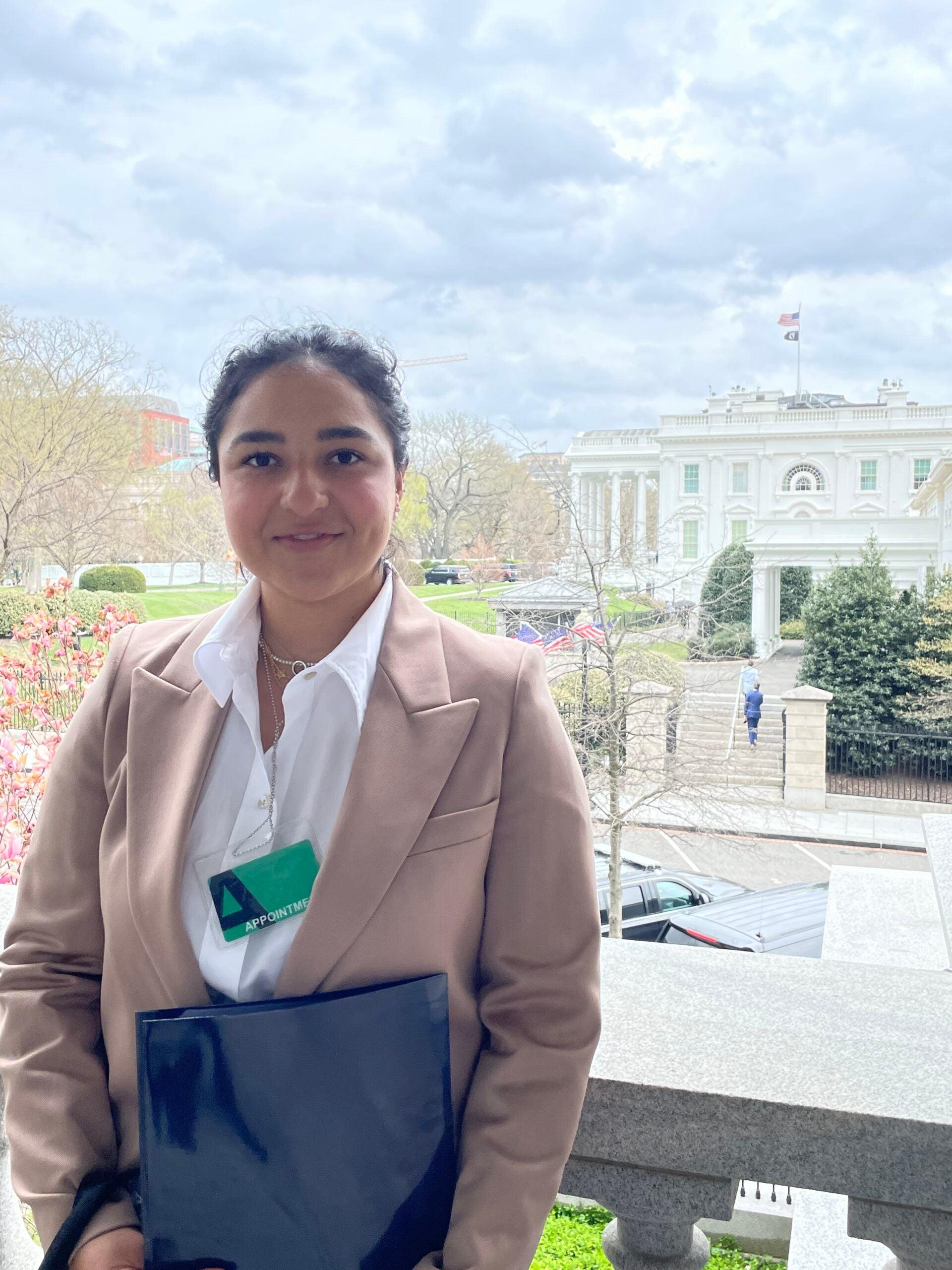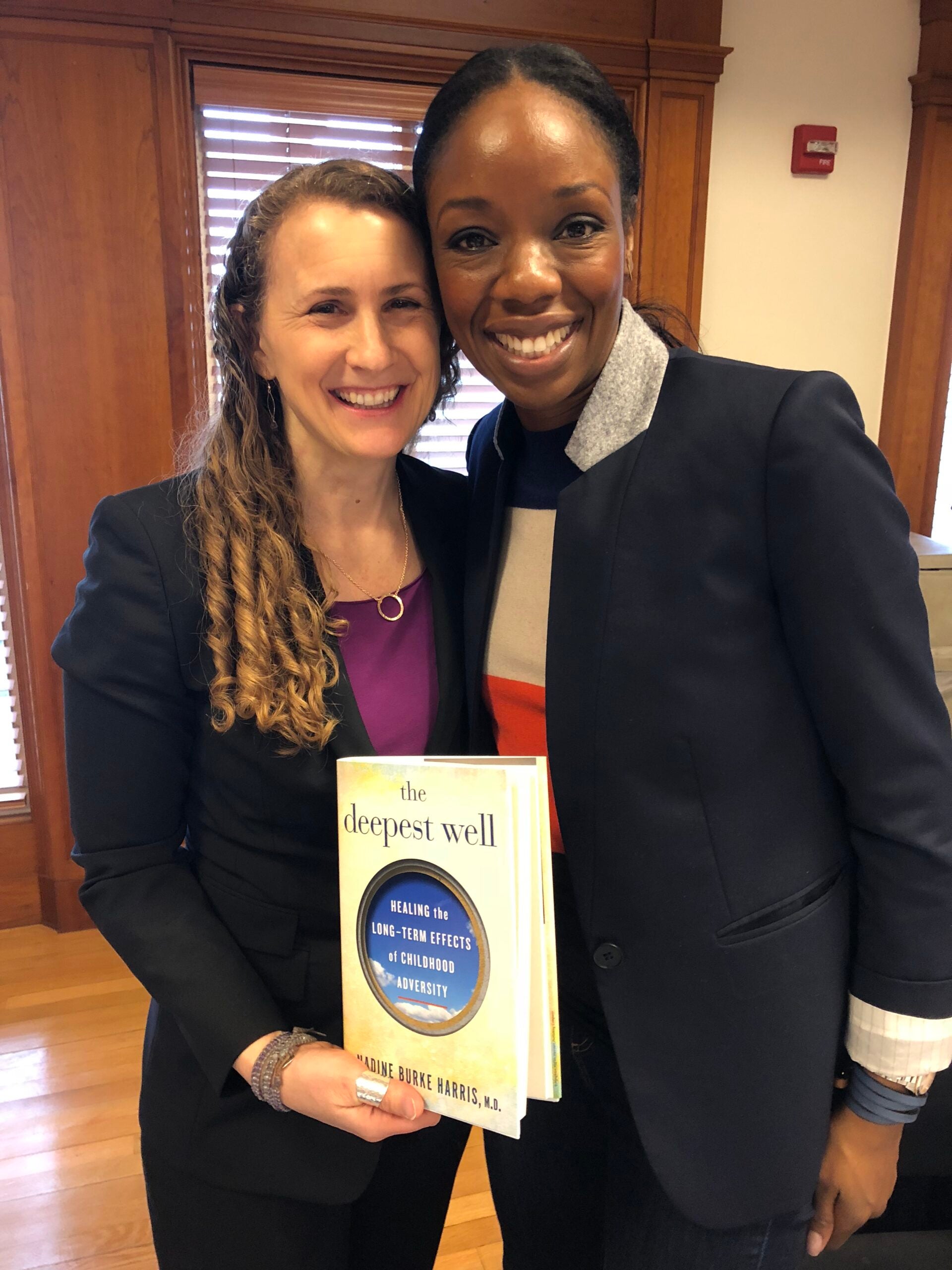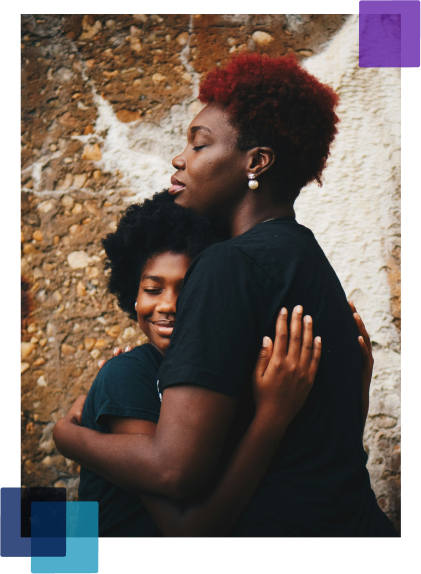Highlights of Our Work on Trauma & Mental Health

Discussing the most important mental health issues facing girls today
We were honored for the White House to invite one of our youth advisors to a meeting with the Gender Policy Council and Domestic Policy Council to discuss the most important mental health issues facing girls today.


Highlighting how childhood trauma affects health across a lifetime
We hosted Dr. Nadine Burke Harris to launch her newly released book on adverse childhood experiences (ACEs), The Deepest Well: Healing the Long-Term Effects of Childhood Adversity.

About Our Work on Trauma & Mental Health

Adolescent girls in the United States are experiencing a mental health crisis. According to the CDC’s most recent study, 3 in 5 girls felt persistently sad and hopeless – markers for depressive symptoms – which represented a substantial increase from their last dataset. Alcohol use is higher in girls than boys and suicidal ideation has increased. These statistics are even higher for LGBQ+ girls.
The adversity that girls face is profound in scope, and it is markedly different from boys: studies consistently show that girls’ rates of adverse childhood experiences (also known as ACEs) are significantly higher than boys — especially in the case of LGBQ+ girls and girls of color. The gender gap in rates of sexual abuse and assault, in particular, is overwhelming. According to the CDC’s most recently released data, almost 1 in 5 teenage girls experienced sexual violence in the past year—a significant increase in the past several years. Adolescent girls are confronting the highest levels of sexual violence, sadness, and hopelessness they have ever reported. These experiences can have long-term effects on both physical and mental health.
Despite these alarming facts, our schools, justice system, hospitals, and other public systems are often ill-equipped to recognize these harms or provide appropriate support and services.

Trauma is a theme that threads throughout our work on gender equity. For example, the abuse to prison pipeline for girls begins with the traumatizing experience of gender-based violence; and our work on restorative justice and other interventions offer solutions to support girls’ mental health. Within this focus area, we examine the unique aspects and high rates of trauma that girls and women experience, and we develop policy, practices, and tools to help public systems effectively respond. Girls and gender-expansive youth of color, in particular, face unique stressors rooted in discrimination that often remain unacknowledged and unaddressed. By using trauma-informed approaches to look behind individual behaviors and determine their root causes, educators, police, judges, and physicians can identify and support survivors of gender-based violence and other forms of adversity. The Center works to help public-system actors recognize trauma and prioritize responses that focus on healing, expand access to healthcare, and improve girls’ health and wellness.
Join Our Distribution List
Stay informed about The Center on Gender Justice & Opportunity’s impactful work and upcoming events by signing up for our newsletter.



